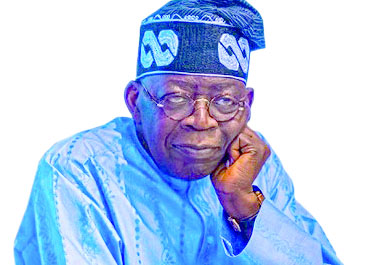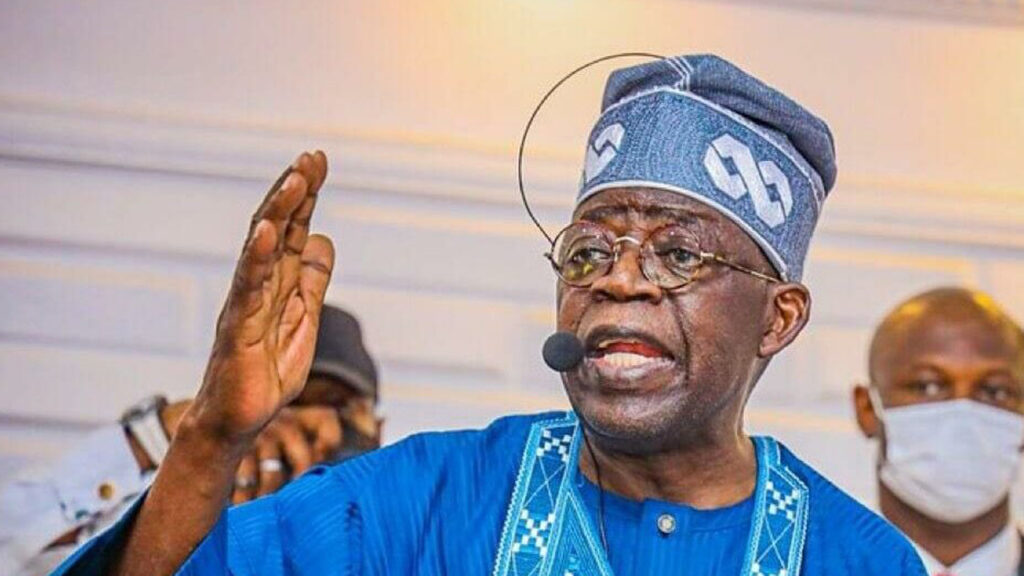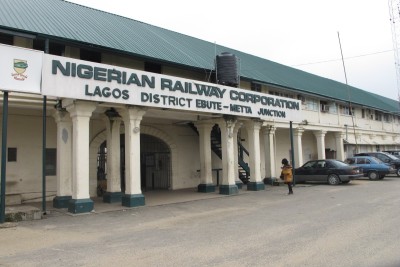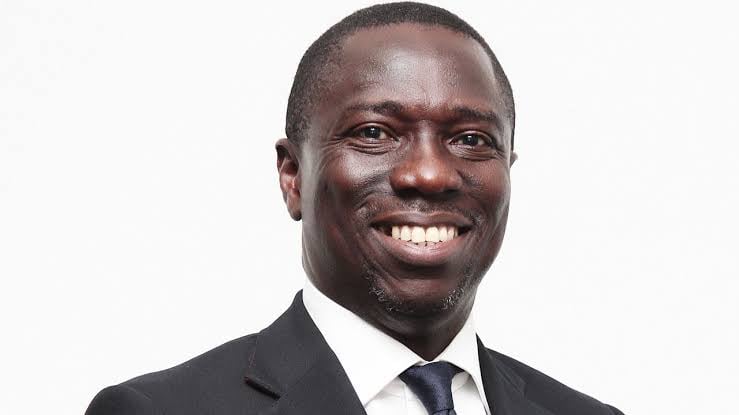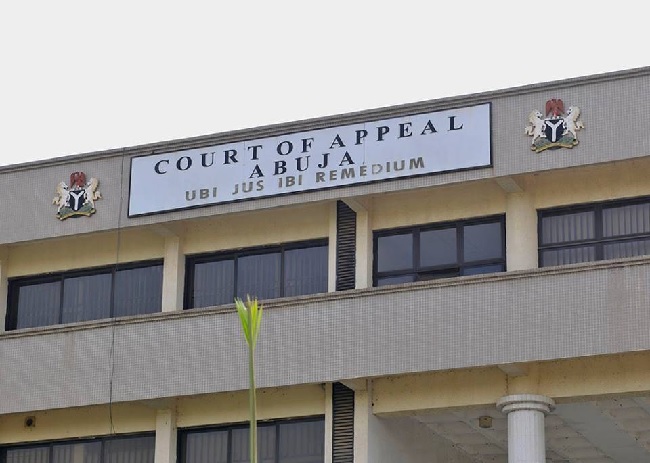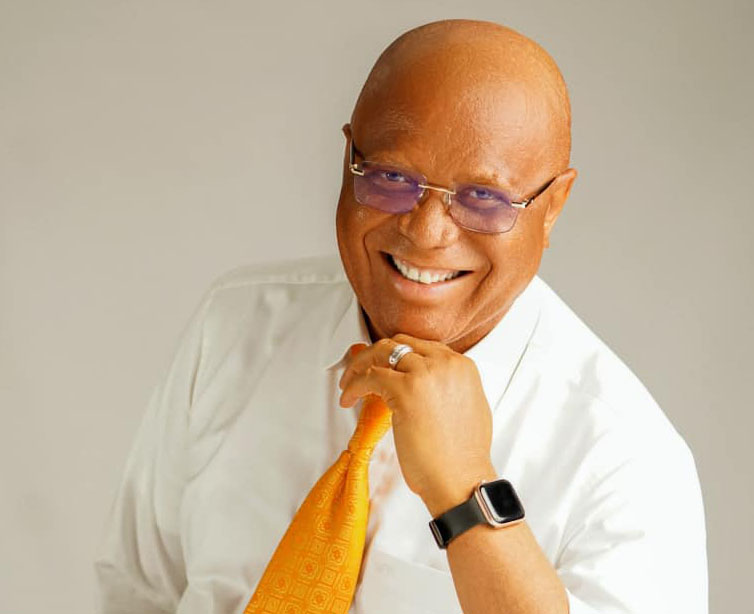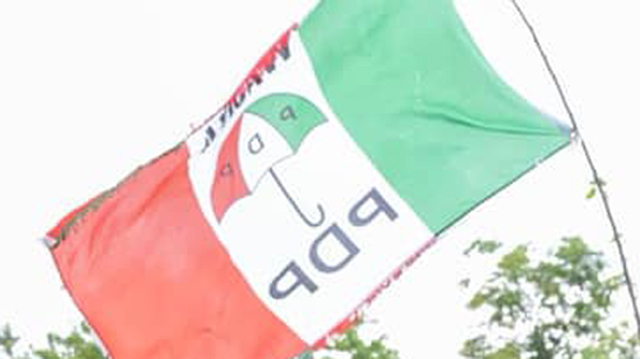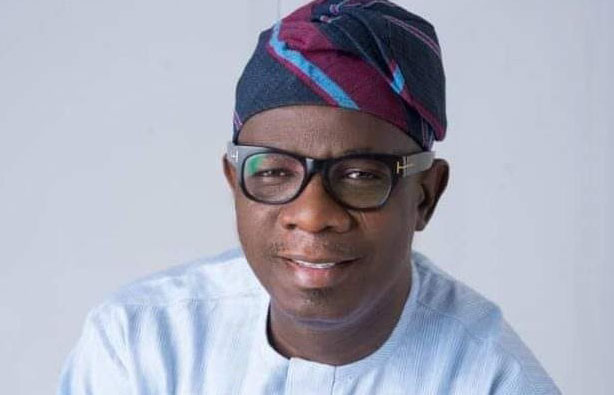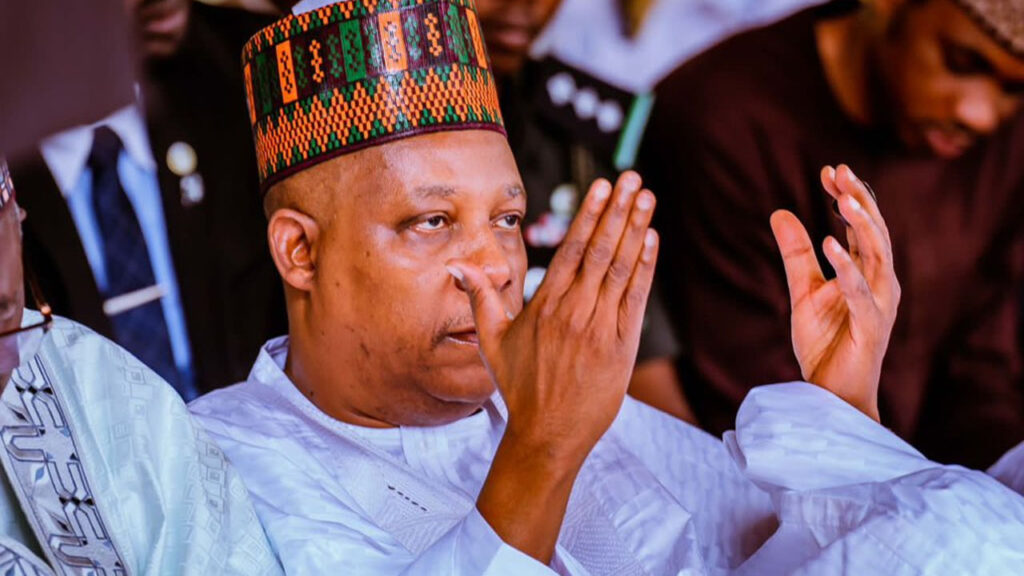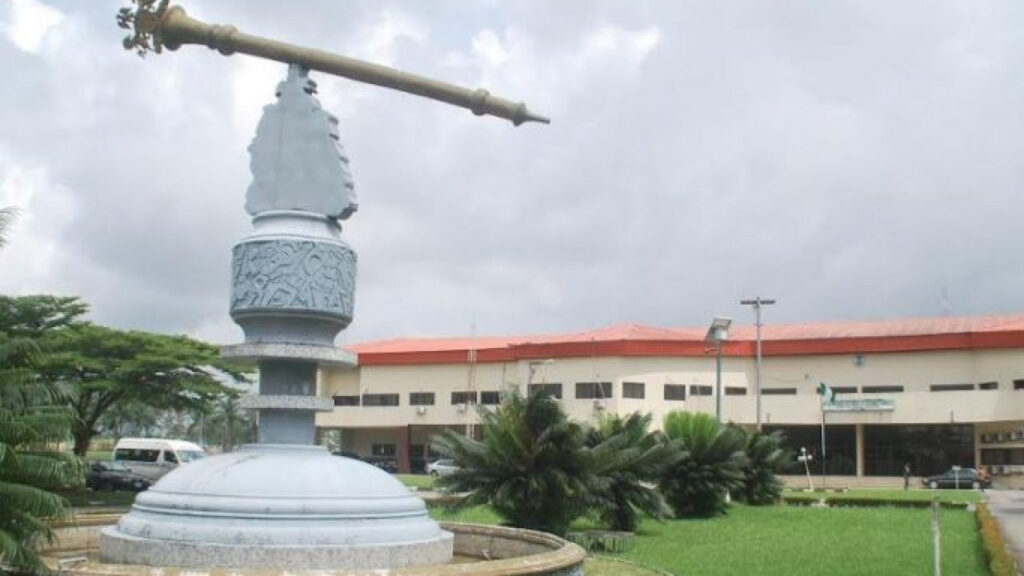
President Bola Tinubu’s repeated engagements with service chiefs and substantial resource allocation to tackle insecurity have yielded disappointing outcomes. The incessant loss of security personnel to criminals has prompted experts to emphasize the need for technological solutions in Nigeria’s fight against insurgency, Terhemba Daka reports.
It is trite knowledge that the President and Commander-in-Chief, Bola Tinubu, has held a number of meetings with heads of the nation’s security apparatchik since he was sworn-in as President on May 29, 2023.
In all of these meetings, the charge handed to the security heads has always been to do all it takes to tame the burgeoning insecurity prevailing in the country. However, despite the directives by President Tinubu, signs of real improvement have been scant, notwithstanding the countless number of meetings, sometimes including the heads of other paramilitary agencies in the country.
While the military hierarchy continues to boast of tremendous strides despite odds in the various front-line theatres, a cross-section of Nigerians have discounted their achievement claims.
This is against the backdrop of the many breaches in parts of the country and the ambush successes recorded by outlaws specifically targeted at security agencies across the country.
The recent incident where a Lieutenant in the Nigerian Army and six soldiers lost their lives in an ambush by the Boko Haram terrorists along Biu-Buni Yadi Road, Borno State, has even made the situation more alarming.
The soldiers died exactly a week after some 17 soldiers of the 181 Amphibious Brigade were murdered in an ambush while on a peace mission to halt clashes between two communities in Delta state.
And barely 10 days after the killing of the soldiers by gunmen in Okuama, Ughelli Local Government Area of Delta State, the police announced the loss of six of their officers in another ambush carried out by suspected kidnappers in Delta.
The slain officers were said to be on a mission to investigate the disappearance and rescue of three of their colleagues in Ohoro Forest when they came under attack.
Recall that bandits had ambushed troops in Niger State on August 13, 2023, killing 14 soldiers while seven were injured. Airforce, Naval, and military troops sent to evacuate them were also killed in a helicopter crash at Shiroro on August 16.
The untoward developments have stoked the call in some quarters for the compelling need for President Tinubu to course a deployment of unmanned drones to tame the incessant attacks and ambush on the nation’s security agents on duty.
Weighing in on the matter in Abuja, a security expert and Associate Professor in the Department of Theatre Arts, University of Maiduguri, Mr Jacob Ioraa, identified some of the pitfalls, which have conspired to hamper the atmosphere of tranquillity in the country.
He noted that the coming to power of President Tinubu had brought about the appointment of a new NSA, as well as Service Chiefs, but not much progress has been recorded so far.
Ioraa observed that several security meetings had been summoned but without the desired results, yet security breaches are on the increase daily.
“Clearly, the President has not been able to deal decisively with the sponsors of bandits, kidnappers, and unknown gunmen. For instance, names of sponsors of terrorism have been made public without actions to arrest and prosecute them,” he said.
Also, Mr President has not been able to fish out and deal decisively with the informants of bandits, kidnappers, and unknown gunmen within the armed forces, to serve as deterrence for others.
The case of one Army Colonel, a commander, who was ambushed and killed along with some soldiers by the insurgents while on official assignment from Buniyadi to Damaturu in Yobe State is still fresh in our memory, he said.
“He has not been able to cut off the source of arms supplies to the bandits, kidnappers and unknown gunmen. There has been no coordinated synergetic onslaught on the camps of the bandits, kidnappers and unknown gunmen by the armed forces. Though they do this once in a while, it is expected that it should be a continuous exercise. This emboldens the bandits, kidnappers and unknown gunmen to continue with their activities freely without fear,” Ioraa said.
While the armed forces are limited with AK47 rifles, he also noted, the bandits, kidnappers and unknown gunmen have acquired Steel Choppers and other sophisticated engine boats to confuse the military, and they seem to be more successful than the military. The recent Okuama incident in Delta State, which claimed the lives of one Lt. Colonel, two Majors, one Captain and 12 soldiers underscores that fact.

Similarly, “the lack of motivation, in terms of arms and ammunition supplies to soldiers serving in the war fronts, as well as poor remuneration to members of the armed forces. The worst of all is that the families of the fallen heroes are left at the mercy of society.
“There is a lack of decisive punishment for arrested bandits, kidnappers, and unknown gunmen. When they are arrested by the military, rather than punished, the bandits, kidnappers, and unknown gunmen are sentenced to rehabilitation. They are given VIP treatment, and so-called ‘deradicalised’ with the hope of reintegrating them back into civil society. Such efforts by the government in the past have yielded nothing but resulted in exercises in futility. Sadly, most, if not all the rehabilitated always find their way back to the bush.”
He also regretted that the President and the armed forces have not deployed technology to fish out the hideouts, and camps and trace the movements of bandits, kidnappers, and unknown gunmen. No serious synergy between Nigeria and other neighbouring countries like Chad, Niger, Cameroon, Benin, and so on, to identify the routes and inflow of these bandits, kidnappers, unknown gunmen, and sources of their logistics in Nigeria.
“Finally, the visa-on-arrival policy of the Buhari administration is yet to be abrogated by the Tinubu government. It allows criminals from all over the world, making Nigeria their point of convergence. You see, several security meetings cannot yield any desired results until the stated points are addressed by the President. Much more efforts need to be made to tackle the security aspect in Nigeria,” he said.
Also speaking on how to tackle insecurity, an Abuja-based lawyer, Ehidiamen Isibor, argued that President Tinubu needs to overhaul the entire security architecture of the country, as well as deploy the use of more modern technology to stem the trend of incessant ambush on security operatives.
For Isibor, “the police and other security outfits should as a matter of expediency employ available precision technology and intelligence-led policing in their investigations and operations.”

He argued that the deployment of technology is capable of addressing shortfalls in the workforce in security agencies. The security agencies should be ahead of criminal elements in the menace of insecurity plaguing the country right now. The use of unmanned crafts like drones and other automated devices will go a long way to reducing criminality in the country.
“The entire security architecture needs urgent and serious overhaul. It is common knowledge that Nigeria is under-policed and falls short of the United Nations minimum standards. So, the government should recruit more policemen across the board, aside from training and retraining existing personnel. It is because of the shortfalls in policing that have necessitated the incursion of the military into internal security.
“The military is not trained or orientated to interface with the civilian populace. One of the peculiarities of our security situation is the use by influential citizens of officers and men of the armed forces, the police and other security outfits as attack dogs in ‘flexing muscle’ to oppress and harass perceived enemies in political and business circles.
“The President must ensure that the security forces also show more professionalism in the discharge of their duties. They should resist being used as attack dogs against perceived enemies. The citizenry should also desist from patronising the forces for their very selfish goals.
“Criminal element will continue to record cheap and embarrassing victories, resulting in wanton loss of personnel lives. Our security forces should concentrate on their core duty of securing the lives and property and restoring confidence in the populace.”
In another submission, a retired Colonel with vast knowledge in Security, Terrorism and Insurgency called for new thinking in dealing with the menace of outlaws, especially as he said, connivance with violent non-state actors to perpetrate crimes in their communities for economic gains, has introduced a new dimension to the already bad situation in the polity.

